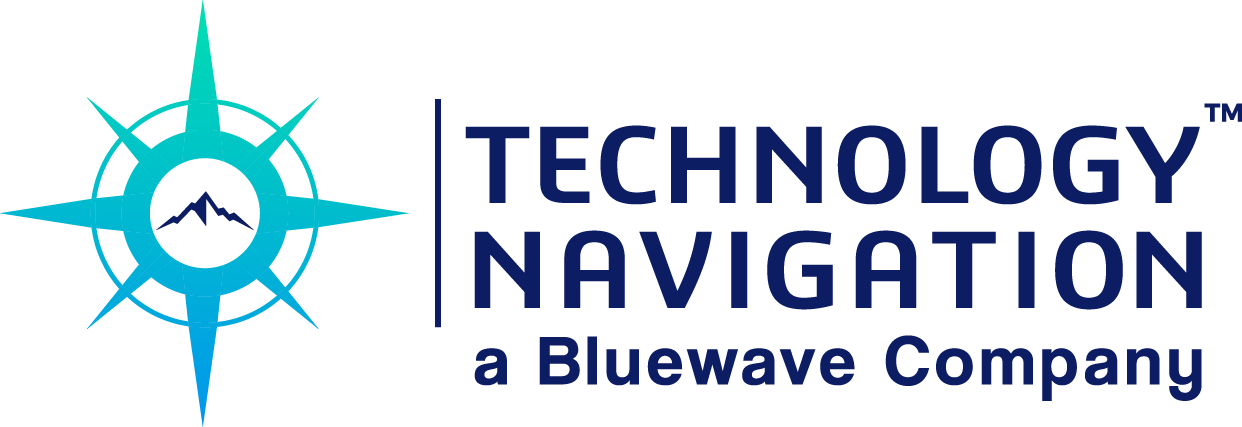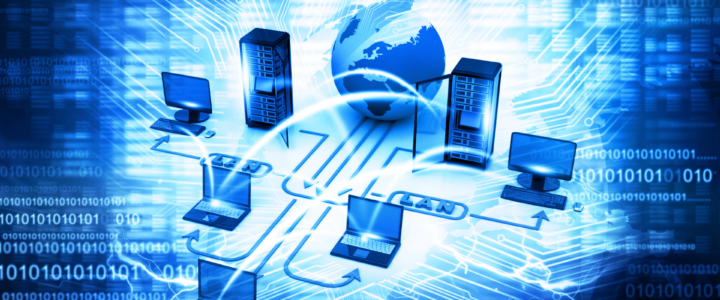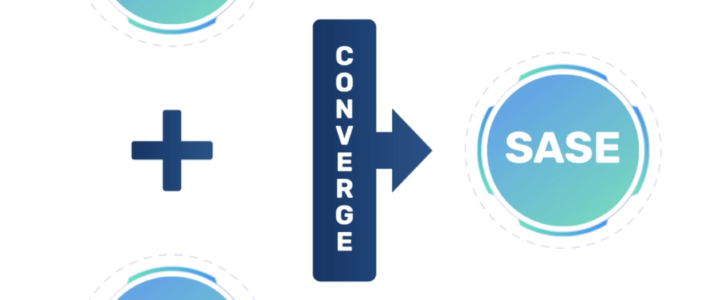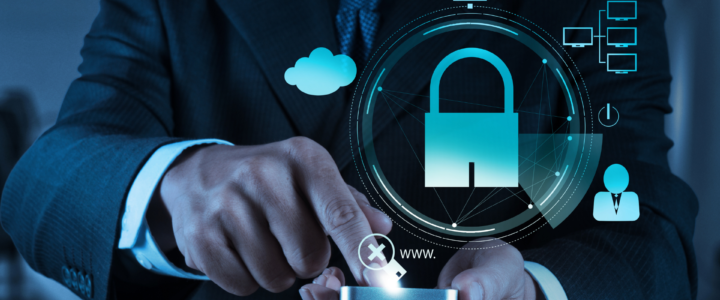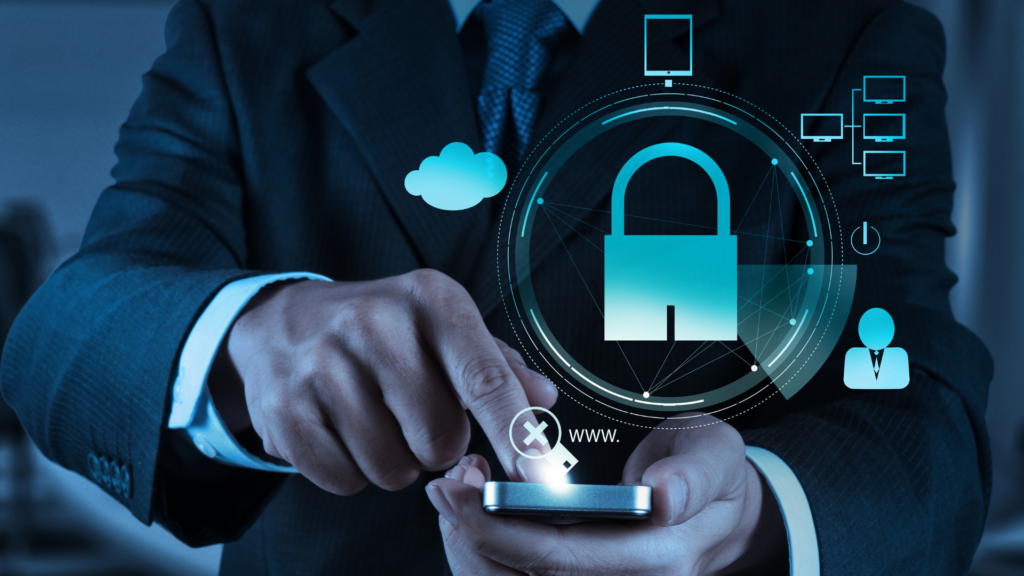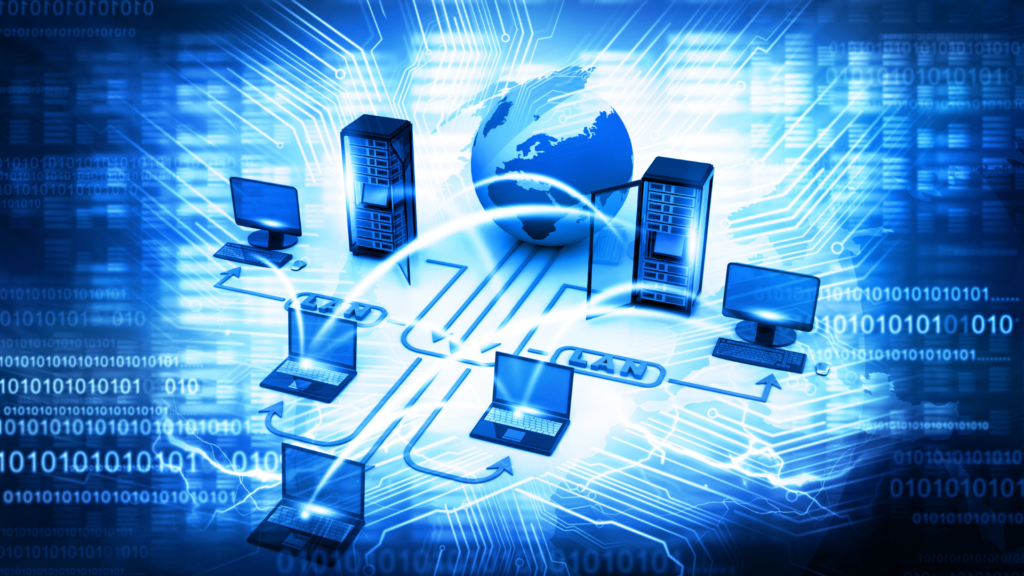
Implementing SD-WAN technology can significantly enhance your organization’s network efficiency and security. However, deploying it on a tight deadline presents unique challenges. Drawing from our extensive experience, we’ve compiled key strategies to help IT decision-makers streamline the implementation process. These insights will save time and ensure a successful rollout, allowing you to focus on driving business growth.
Prioritize Security Integration
Security should be a top priority when selecting an SD-WAN provider. Opt for solutions with built-in security features such as firewalls, VPN, encryption, and threat detection. Ensuring compliance with industry standards like HIPAA and GDPR from the outset will prevent costly delays. Additionally, consider Secure Access Service Edge (SASE) options for a future-proof network security approach.
Clarify the Cost Structure Early On
Unexpected costs can derail your SD-WAN implementation. To avoid surprises, break down the total cost of ownership (TCO), including bandwidth fees, security add-ons, deployment expenses, and managed services. Align these costs with your budget early in the process to maintain financial stability and prevent last-minute revisions.
Focus on Network Performance and Optimization
Choosing an SD-WAN provider with automatic network optimization features can significantly reduce deployment time. Look for solutions that offer application-aware routing, WAN optimization, and traffic prioritization. Ensure support for multiple WAN links—Ethernet, fiber, 5G, and Starlink—to minimize latency and maintain seamless performance without bottlenecks.
Ensure Global Coverage and Scalability
If your organization has multiple locations, verify that your SD-WAN provider offers reliable global connectivity. A scalable solution will allow for easy expansion, enabling you to add new sites or increase bandwidth without extensive reconfigurations. This flexibility helps avoid disruptions as your network grows.
Opt for Centralized Management and Strong Support
Centralized management tools simplify monitoring and troubleshooting, making them essential for a smooth SD-WAN implementation. Choose a provider that offers an intuitive management interface and real-time analytics. Additionally, assess service-level agreements (SLAs) and ensure 24/7 support availability to quickly address any issues, especially if your internal team lacks SD-WAN expertise.
Streamline the Implementation Process
A well-organized implementation plan is crucial for success. Ensure your provider conducts a thorough needs assessment and provides a clear Statement of Work (SOW) covering all project details. Having an experienced Project Manager oversee the deployment can keep the rollout on schedule. Don’t overlook user and admin training, as well as a dedicated hyper-care period, to ensure a smooth transition post-deployment.
Conclusion
Implementing SD-WAN efficiently requires a balance between security, cost-effectiveness, and operational performance. By following these time-saving strategies, IT decision-makers can optimize deployment while minimizing disruptions.
At Technology Navigation, we specialize in helping organizations select and implement the right SD-WAN solutions to meet their business needs. Contact us today to explore how we can support your network transformation.
